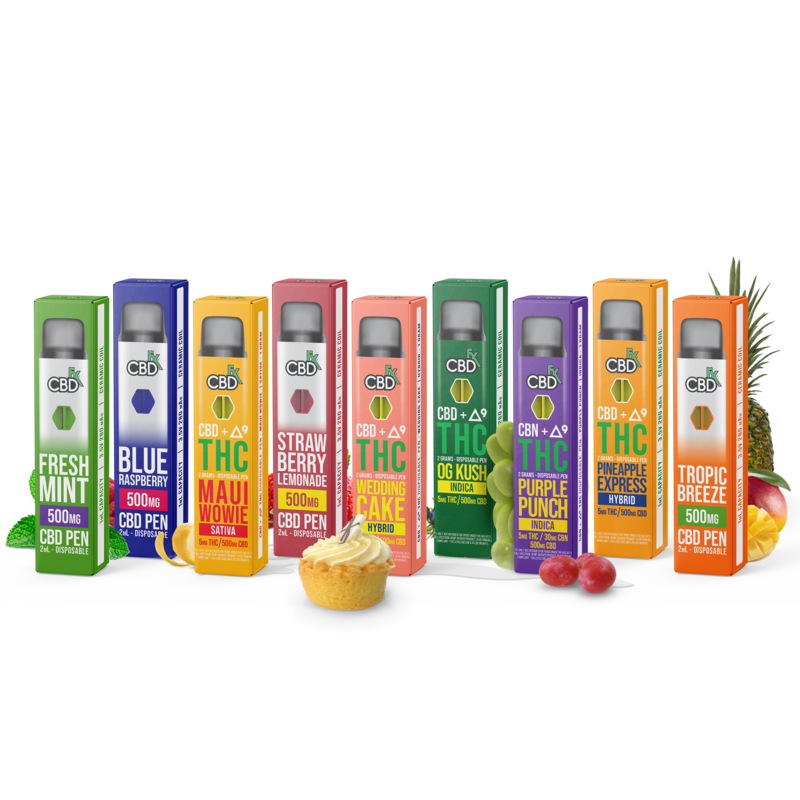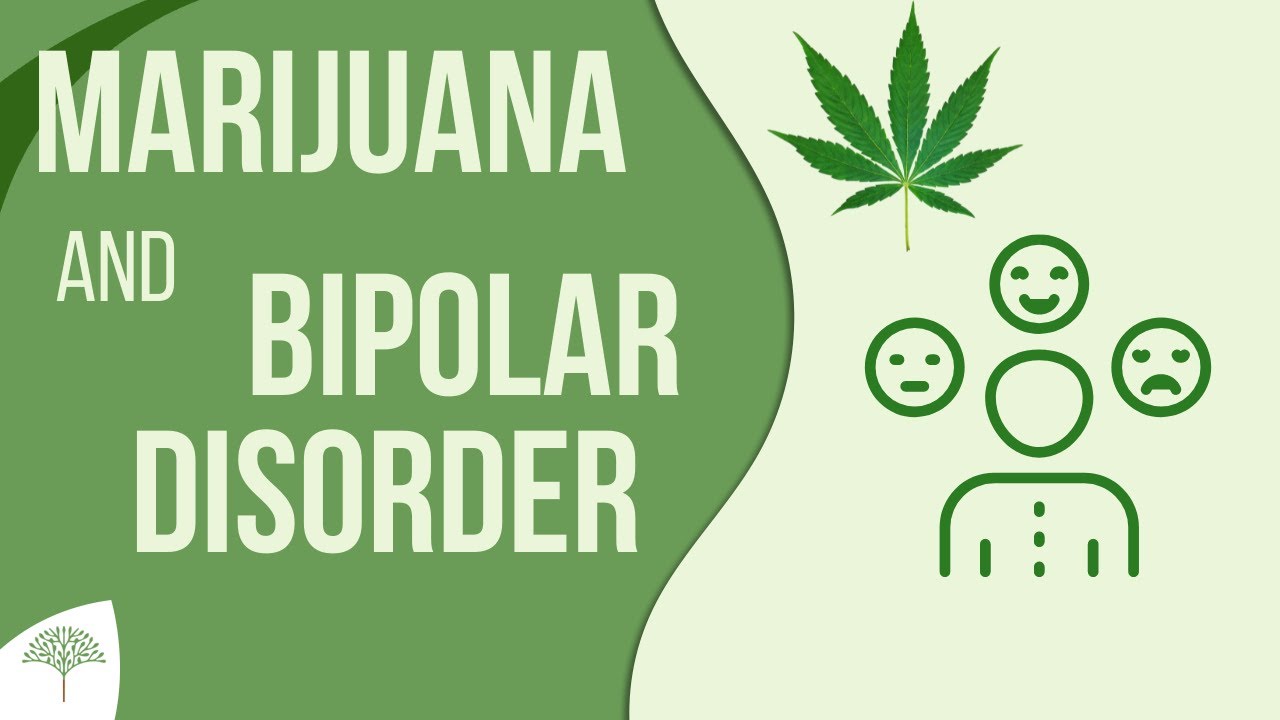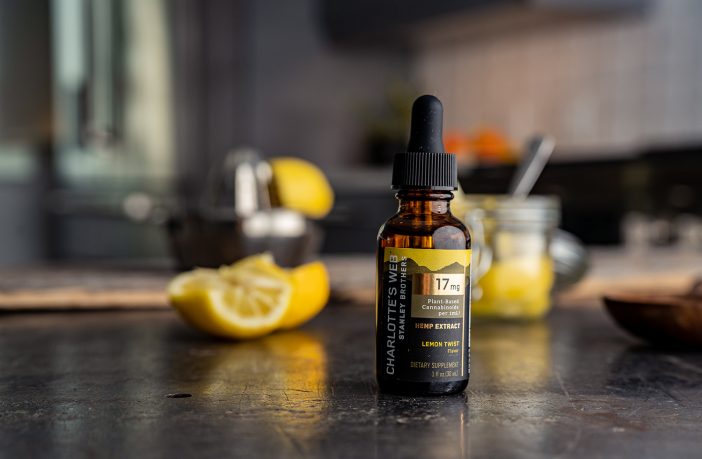
Cannabidiol is a chemical compound found in hemp. It can help to reduce anxiety. It is completely safe to consume. People often confuse CBD and THC, which can lead to "high". However, CBD is completely safe. According to the Farm Bill of 2018, CBD products must contain less THC than 0.3%.
Cannabidiol can be considered a cannabinoid.
Cannabidiol, also known as CBD, is a cannabinoid which does not intoxicate and is found in hemp. Hemp is a kind of cannabis. It is said to have a variety of health benefits and can be helpful for easing chronic pain, inflammation, and anxiety. Unlike THC, which is highly flammable and can cause psychosis, CBD is not addictive.
FDA recognizes the benefits of cannabinoid-infused cannabis products for improving your health. It is committed to protecting public health and developing regulatory pathways for legal cannabis-infused products.

It's a chemical component
CBD soda water, which is made from the chemical compound CBD, is a beverage. CBD is a watersoluble chemical which binds easily with the body's cannabinoid membrane receptors. This allows CBD to quickly and efficiently exert its effects. In addition, the water-soluble nature of CBD helps it to easily and effectively enter the bloodstream. CBD soda can be drunk without any side effects.
It's found in hemp
Hemp is an agricultural plant similar to marijuana. It doesn't contain THC. This is its main distinction. Hemp shares the same genetic make-up as marijuana, but they are completely different plants. Hemp does not contain more than 0.3 percentage of THC. Marijuana contains twice that amount. This makes hemp soda an attractive choice for individuals who don't wish to get high.
There are many ways to use hemp. It can also be infused into sweet teas and fizzy drinks. It can be used in smoothies and cold drinks. Hemp also contains high levels of CBD, which may prove to be beneficial for the health.
It's a delicious treat
CBD soda water is a treat that comes with a few extra benefits. It's made with a nontoxic compound found in hemp plants. The compound is thought to reduce anxiety, inflammation, and chronic pain. The best thing about the compound is that it isn't psychoactive and won't get your high.

This beverage encourages positive vibes, and boosts energy and focus. It's also free of sugar, calories, and carbohydrates. This drink can be a wonderful treat, especially if you are stressed.
FAQ
What is the future in CBD?
The future looks bright for CBD. It's easy to see why so many people are jumping on board with this sector. This market is expanding exponentially with CBD products being purchased globally at a total of $1 billion.
Statista estimates that worldwide cannabidiol sales will hit $22.4 billion by 2019. This is an almost 200% increase from 2018!
It is also expected that the CBD market will grow at a compound annual growth of 22.5%. That would translate to approximately $6.8 million in revenue by 2020.
This is great news not only for existing businesses but also for companies looking to get into the sector. We must remember that the CBD market still has a lot of work ahead.
How can companies successfully market CBD products in a regulation-compliant manner?
The FDA does no regulate hemp as a crop commodity. However, the agency regulates all other cannabis derivatives (e.g., marijuana) under the Controlled Substances Act. CBD is not covered by any regulations.
CBD is legal in 29 states. However it is still illegal under federal law. This uncertainty creates uncertainty for CBD product sellers.
The FDA also has guidelines for how CBD products should be advertised. THC content must be clearly disclosed. Companies cannot claim CBD is effective in treating certain medical conditions without supporting evidence.
In addition, the FDA requires manufacturers to submit detailed information regarding manufacturing practices and quality control measures. They also require companies to conduct clinical trials to prove safety and efficacy.
When developing their own marketing strategies, companies should take into account these points.
What are some common mistakes that companies make when they enter the US cannabinoid market?
Uncertainty about the regulations for cannabis products is the first mistake. This could result in you needing to alter your product formulation.
The second is not knowing how you should label your product. You must know whether your product contains CBD, THC, or both.
The third is how to package your product correctly. If your product contains THC you should ensure that it's packaged in child-resistant containers.
You can still use all the packaging laws even if your product contains no THC. Many states have legalized cannabidiol (CBD).
It is important to track recalls of your products. If there is a problem with your product, it is important that you inform customers as quickly as possible.
Which are the top CBD brands?
We've handpicked these top five CBD brands based on quality, reliability, and value.
They provide high-quality CBD oils that have less than 0.2% THC.
Also, we recommend that you check out our list with the top CBD sellers around the world.
What CBD products do you sell most?
CBD products are everywhere these days. They are used for pain relief and anxiety. The market is growing rapidly and is very large.
What are people buying CBD for? This is how it affects brand owners.
Well, according to Statista, CBD products are being bought for their relaxing effects. They can also be used to treat inflammation.
This means that you can sell your product for both medicinal and recreational purposes if it has CBD and THC.
But what about brands that only focus on one specific purpose? One example is CBD for stress relief.
In addition, if a brand focuses on CBD for medical purposes, then it will have a large customer base.
However, a brand that wants to target recreational customers must develop a unique selling message (USP). A USP is basically a feature or benefit that sets a brand apart from competitors.
For example, certain brands offer free shipping. Others offer discounts for bulk orders.
Is there a saturation in the CBD market?
The CBD industry is experiencing a growth rate of over 25% annually. This growth is expected continue for at most five more years. According to industry projections, it will grow from $2 billion to $5 billion by 2020.
Two companies dominate the CBD market: GW Pharmaceuticals (Canndoc Ltd) and Canndoc Ltd. Both companies are focused in developing pharmaceutical-grade products. They haven't been very successful so far. Both are struggling in the marketplace to gain traction.
Cannabidiol is an extract of cannabis with less than 0.3% CBD. It does not have any psychoactive properties. It is used to treat epilepsy and other conditions. It is also used to supplement a diet.
There are many kinds of CBD products. Some CBD products are made from whole plant extracts while others contain CBD.
These products share one common feature: they all contain low levels of THC.
These products are legal under US federal law. You will still need to follow local laws if you are selling CBD products. You should always verify your state's regulations for the sale of CBD products.
Some states also make CBD products illegal. These include California, Colorado, Florida, Mississippi, Missouri, New York, North Carolina, Ohio, Oklahoma, Oregon, Pennsylvania, Rhode Island, South Dakota, Texas, Utah, Virginia, Washington, and Wisconsin.
You will want to stay clear of CBD products if you are from one of these states.
What are the best ways to use CBD?
CBD is an effective alternative to treating anxiety. It can also be used to treat pain and inflammation, depression, epilepsy, epilepsy, pain, and other conditions.
CBD can be consumed in many different ways. CBD can be consumed in many ways. You can eat CBD-rich foods, take CBD tinctures or vape CBD eliquids.
CBD has many health benefits. CBD has been shown to be beneficial for people with chronic pain, anxiety, PTSD, and other conditions.
Statistics
- CBD seems unlikely to directly influence sleep in healthy humans [115] (and maybe “sleep-promoting” in those with certain comorbid conditions) (ncbi.nlm.nih.gov)
- As a substance that was federally illegal before the passage of the 2018 Farm Bill, hemp-derived cannabinoids with no more than 0.3% THC still face a regulatory grey area. (forbes.com)
- A recent systematic review of human trials also reported that individuals with epilepsy receiving CBD (5–20 mg·kg−1·day−1) were more likely to experience decreased appetite than those receiving placebo (i.e., ~20 vs. 5% of patients) (ncbi.nlm.nih.gov)
- however, one study also found that these effects were virtually abolished when the original media (a nutrient broth agar) was replaced with one containing 5% blood (increasing the minimum concentration to ~160 μM CBD) [179]. (ncbi.nlm.nih.gov)
- The use of these products is likely to become even more widespread if the World Health Organization's recommendation that CBD no longer is scheduled in the international drug control conventions is adopted by the United Nations member states [201]. (ncbi.nlm.nih.gov)
External Links
How To
What are the issues that the CBD industry faces?
The current market for CBD-based products is expanding at a phenomenal rate. Businesses looking to get into this market face many obstacles. These include lack of consumer awareness and high costs of entry, limited capital access, and regulatory uncertainty.
Many people don't know much about CBD or how it works. This makes it difficult for consumers to make informed decisions on whether or not they want CBD products.
Many CBD companies depend heavily on word of mouth marketing. This is costly, as it requires advertising and the hiring of staff to promote their brand.
High production costs are another problem facing new entrants in the CBD industry. CBD products require a lot of raw materials. CBD oil can only be made if hemp is grown in the right climate and soil conditions.
Grow enough hemp to produce CBD oil requires approximately $1,000 per annum. As a result, many small farmers cannot afford to start.
Access to capital is another challenge for new entrants in the CBD market. Because of the stigma associated with this industry, many people are discouraged from opening a business.
Finally, there is regulatory uncertainty surrounding the sale of CBD products. There are no guidelines for how CBD products should market.
Although states have passed laws restricting CBD products sales, these policies are not yet national.
Only Nevada and Maine have so far legalized recreational marijuana.
Massachusetts and Michigan are however considering similar measures.
These changes could lead to increased competition between CBD manufacturers.
These factors have led many entrepreneurs to choose to work remotely rather than starting a physical business.